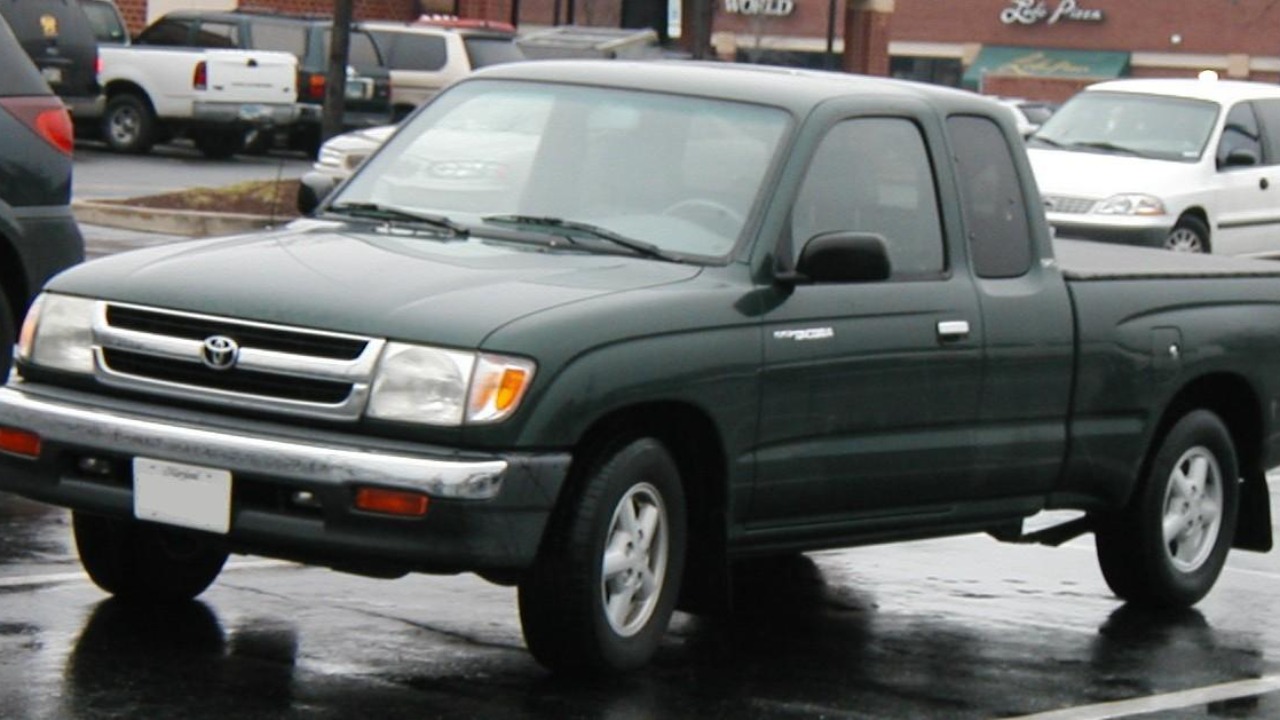
When it comes to truck ownership, knowing which models aren’t worth the repair costs can save you time, money, and frustration. From old workhorse models to trucks with known engine issues, some vehicles are better left behind when they start showing signs of trouble. Whether due to high mileage, discontinued brands, or rust problems, experts advise steering clear of certain trucks when repair bills start piling up.
Old Workhorse Models
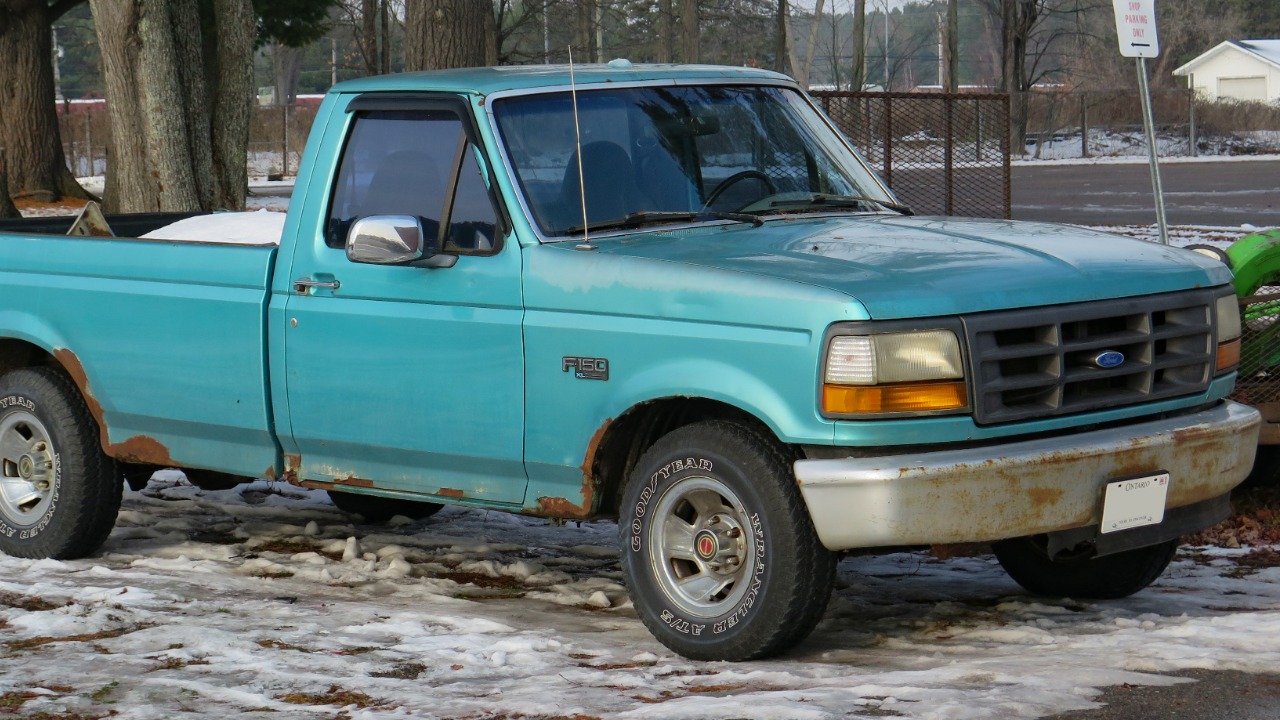
Some trucks, like the Ford F-150s from the early 2000s, have been reliable companions for years, but their time may have passed. These models often face wear and tear beyond economical repair, leading experts to suggest it’s better to invest in a newer model. The cost of replacing major components, such as transmissions or engines, often outweighs the vehicle’s value.
While these trucks might hold sentimental value, it’s essential to consider the practicality of ongoing repairs. When parts become scarce and labor costs soar, it’s usually a sign to move on. It may be more beneficial to purchase a newer model that offers better fuel efficiency and modern safety features.
High-Mileage Heavy-Duty Trucks
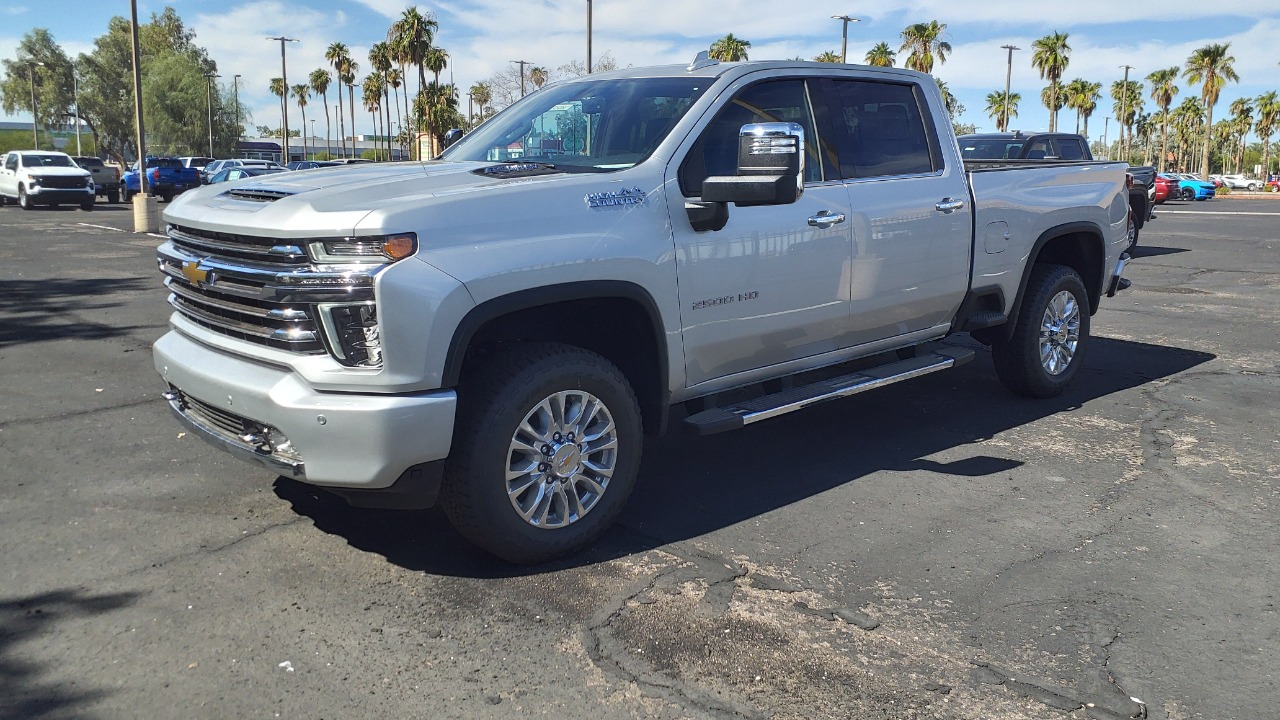
Heavy-duty trucks like the Chevrolet Silverado 2500HD are built to endure tough conditions, but after accumulating high mileage—often over 200,000 miles—the repairs can become frequent and costly. Components such as the suspension system and drivetrain start to wear out, making repairs increasingly expensive.
For those who rely on their truck for heavy-duty tasks, the downtime caused by constant repairs can be a significant inconvenience. Investing in a newer truck might be a more cost-effective solution in the long run, offering improved performance and reliability.
Discontinued Brand Trucks
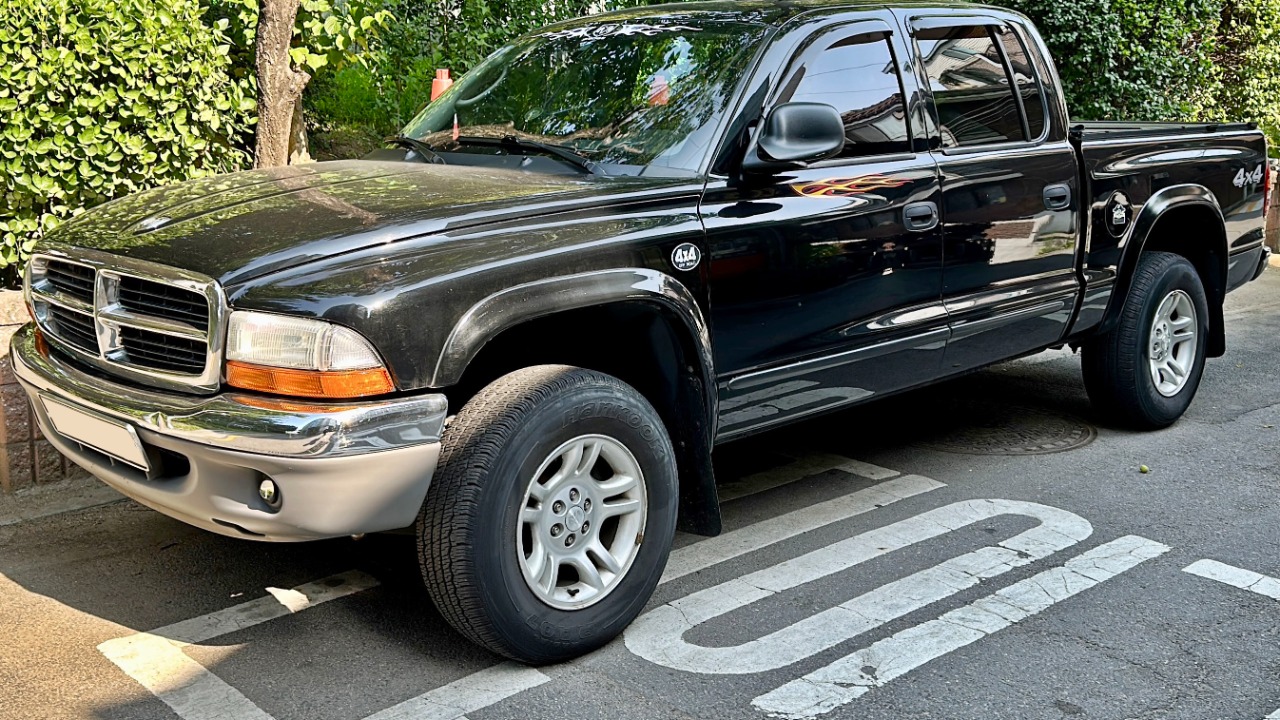
Trucks from discontinued brands, such as the Dodge Dakota, pose unique challenges when it comes to repairs. The scarcity of parts and lack of manufacturer support can drive up maintenance costs significantly. Experts often recommend avoiding these vehicles due to their uncertain future in terms of repairability and parts availability.
While some owners may find aftermarket solutions, the quality and reliability of these parts can vary widely. For those considering purchasing a truck from a discontinued brand, it’s crucial to weigh these factors and consider alternative options that offer better long-term support.
Rust-Prone Models
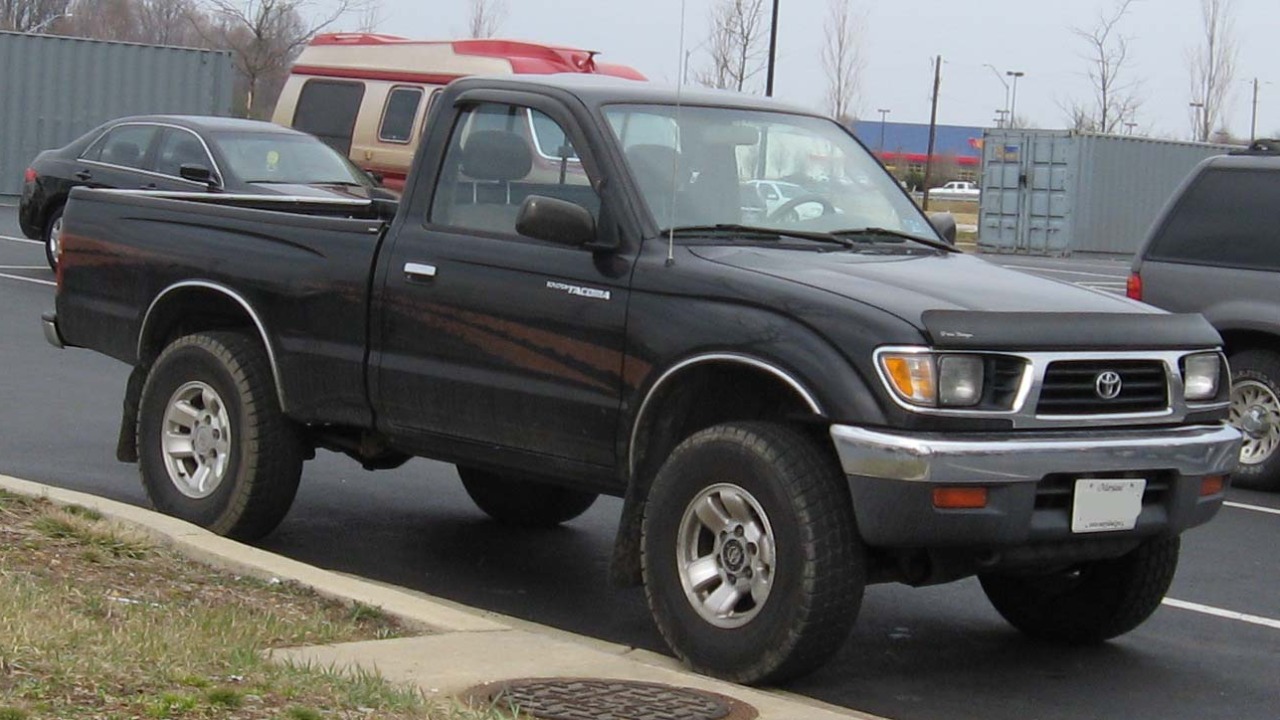
Models like the Toyota Tacoma from the late 1990s and early 2000s are notorious for rust issues, particularly in regions with harsh winters. Rust can compromise the vehicle’s structural integrity, leading to costly and extensive repairs that may not be worth the investment.
While rust can often be managed with regular maintenance and treatments, once it takes hold, it can spread rapidly. Experts advise weighing the cost of rust repair against purchasing a newer, rust-resistant model.
Trucks with Known Engine Issues
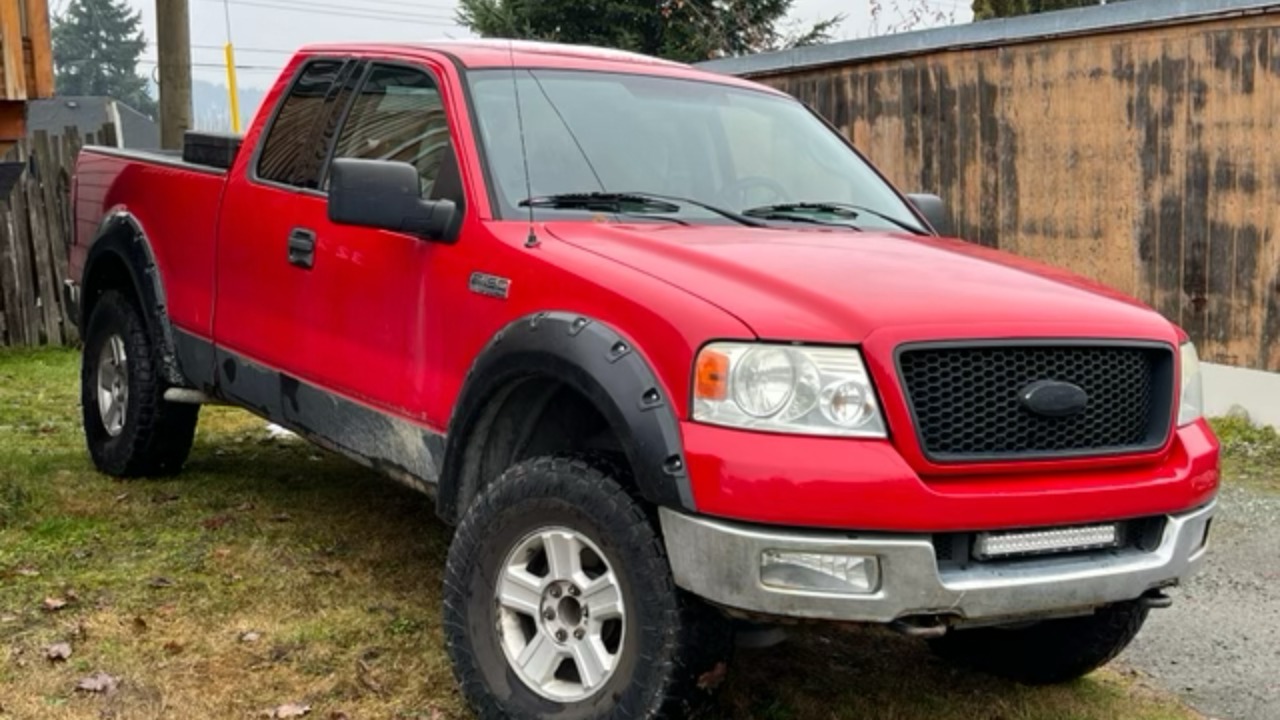
Certain models, such as the 2004 Ford F-150 with its 5.4L Triton V8 engine, are known for engine problems that can lead to costly repairs. Common issues include spark plug ejection, cam phaser noise, and oil leaks, which can quickly add up in repair costs.
When faced with persistent engine troubles, it’s often more cost-effective to consider trading in the truck for a model with a better track record. Considering the long-term costs of engine repairs can help guide your decision towards a more reliable option.
Obsolete Diesel Models
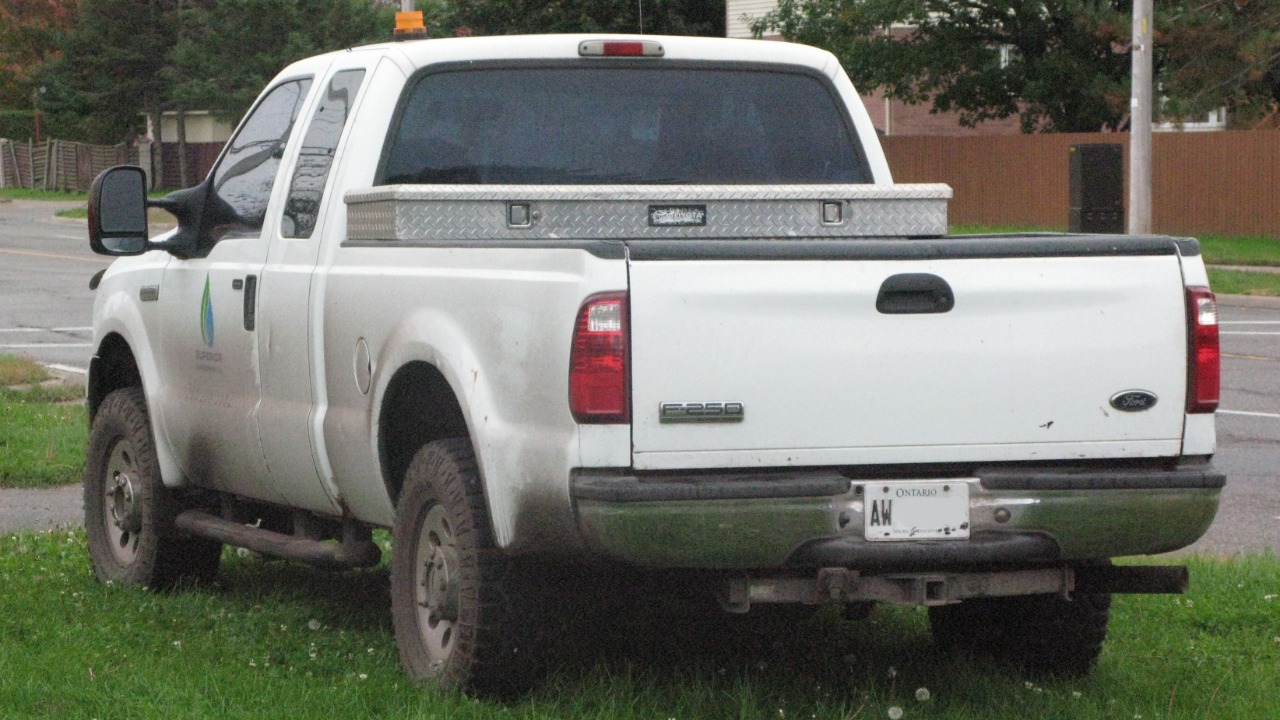
Older diesel trucks, like the early 2000s Ford Super Duty models, face challenges with emission standards and outdated technology. As emission regulations tighten, maintaining these trucks can become not only costly but also potentially illegal in certain areas.
With the advent of modern, fuel-efficient diesel engines, older models can quickly become obsolete. Investing in a newer diesel model can offer improved performance and compliance with current environmental standards, making it a smarter choice for diesel enthusiasts.